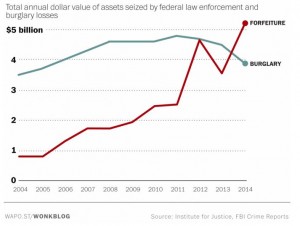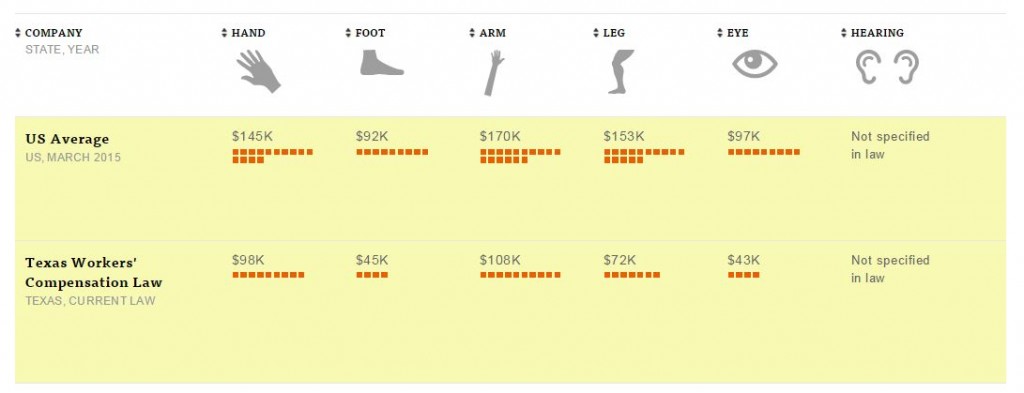This article discusses the trend of litigation finance, where individuals and companies are turning to private companies to front the money for legal costs in expensive litigation. Despite having in-house counsel, even larger companies are selling off pieces of lawsuits to improve cash flow and reduce risk.
Questions:
1. Between 2013 and 2014, how much did Burford Capital, a public company traded in Britain, make on lawsuit investments?
2. Is litigation finance a new concept or is there a historic element to the practice? Discuss.
3. Do you agree or disagree with critics that argue that litigation finance threatens the integrity of our legal systems? Explain.
Source:
Schwartz, M. (2015). Should You Be Allowed to Invest in a Lawsuit? The New York Times, Oct. 22 (Retrievable online at http://www.nytimes.com/2015/10/25/magazine/should-you-be-allowed-to-invest-in-a-lawsuit.html)
















